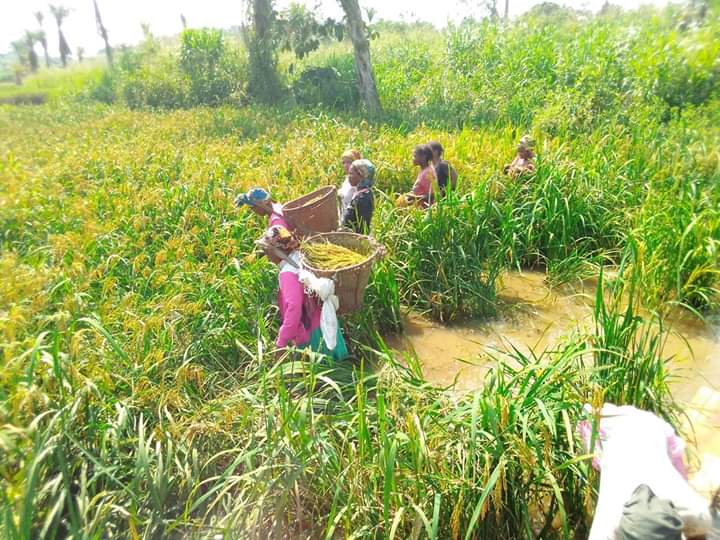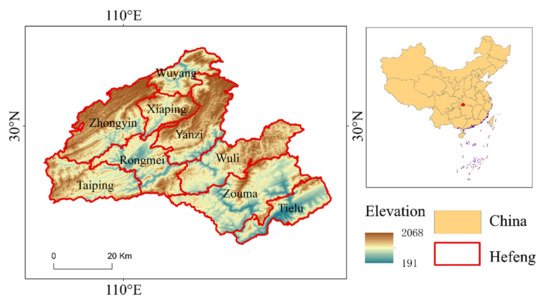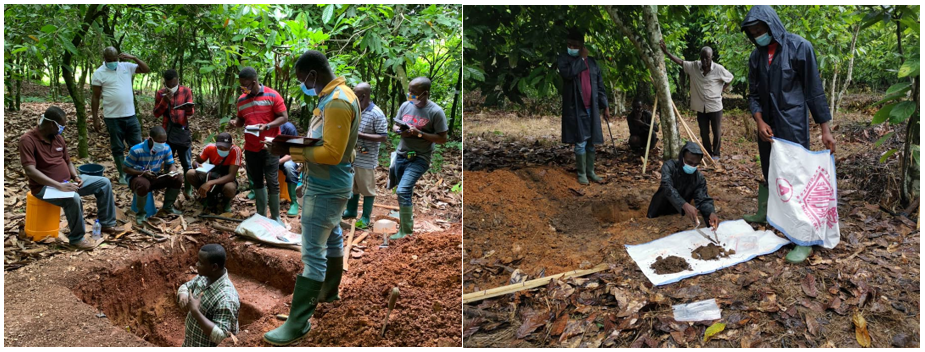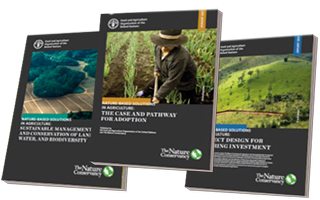Agriculture
Public - visible to all visitors to the platform.
Open to join - users can join this group without approval.
Invite only - users can only join this group if they are added/invited by group managers.
About this Discussion
Food and agriculture production systems worldwide are facing unprecedented challenges from an increasing demand for food for a growing population, rising hunger and malnutrition, adverse climate change effects, overexploitation of natural resources, loss of biodiversity, and food loss and waste. These challenges can undermine the world’s capacity to meet its food needs. According to the UN Food and Agriculture Organization (FAO), more than 800 million people are undernourished while 2 billion are micronutrient deficient and 2 billion more people overweight or obese. At the same time, food production, transportation, processing and waste are putting unsustainable strain on environmental resources.
To be sustainable, agriculture must meet the needs of present and future generations, while ensuring profitability, environmental health, and social and economic equity. Greening the agricultural sector involves addressing poverty as well as meeting the nutritional needs of a growing global population while also minimizing the environmental degradation associated with certain agricultural practices.
Achieving these goals requires a transformation of the agriculture sector, leveraging market-based approaches through a coordinated effort by all stakeholders, including farmers, government, civil society and the private sector.
Agriculture
Created a Post in Agriculture, Climate Change
Created a Post in Agriculture
Created a Post in Agriculture
Created a Post in Agriculture, Climate Change
Created a Post in Agriculture
Created a Post in Agriculture, Industry and Entrepreneurship
Created a Post in Agriculture
Created a Post in Agriculture
Created a Post in Agriculture



